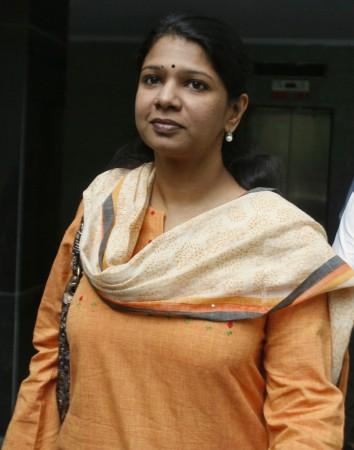It took Indian Union Muslim League (IUML) 25 years to field a woman candidate in the Kerala Assembly elections of April 2021. This is not a lack of female representation. This is the absence of female representation.

Breaking the gender jinx is Noorbina Rasheed, leader of the IUML women's wing. She will be contesting the election from the Kozhikode South constituency. Before this, it was in 1996 that the only female candidate Kamarunnisa Anwar was fielded by the IUML. She lost to CPI(M) in '96 elections. On March 12, IUML announced its candidates for 25 of the 27 seats that it will be contesting, as an ally of Congress in the United Democratic Front.
Women candidates are few and far between
From its long list of 173 candidates, DMK (Dravida Munnetra Kazhagam) will field a total of 12 women. The list recently made public, further points to the ever-decreasing lack of females in politics. In 2016, the DMK had fielded 18 women candidates in total. For the 2021 polls, only 6.9 per cent of the total candidates contesting are women.
What makes the DMK's own women candidate ratio peculiarly significant is the fact that the party has since long advocated for the Women's Reservation Bill. The Bill looks at correcting the skewed gender representation in the public sphere and would ensure 33 percent of reservation for women in government posts and legislatures.
In 2019, DMK MP Kanimozhi had raised a lot many questions on the same in the Lok Sabha. "We need at least 30 per cent to bring forth a change in perception," she had said at the time in the context of the Women's Reservation Bill. Last month, in a video that went viral, she shut down a sexist question by asking the reporter back if he cooked.

The skewed gender ratio in politics
It's a known fact that women's representation is abysmally low in political bodies at all levels. The state and national assemblies remain male-dominated and several have cast their doubts as to mere reservation will change things overnight.
A 2019 study conducted by Inter-Parliamentary Union places India at 149th position out of 193 countries when it comes to women's representation in Parliament. The average percentage of women representation in politics stands at a low 22 percent, whereas in India it is even lower at 11.8 percent. Even out of the women candidates fielded, a few of them are either given a ticket because of their husband's political stature of that of other male relative.









!['Had denied Housefull franchise as they wanted me to wear a bikini': Tia Bajpai on turning down bold scripts [Exclusive]](https://data1.ibtimes.co.in/en/full/806605/had-denied-housefull-franchise-they-wanted-me-wear-bikini-tia-bajpai-turning-down-bold.png?w=220&h=138)



